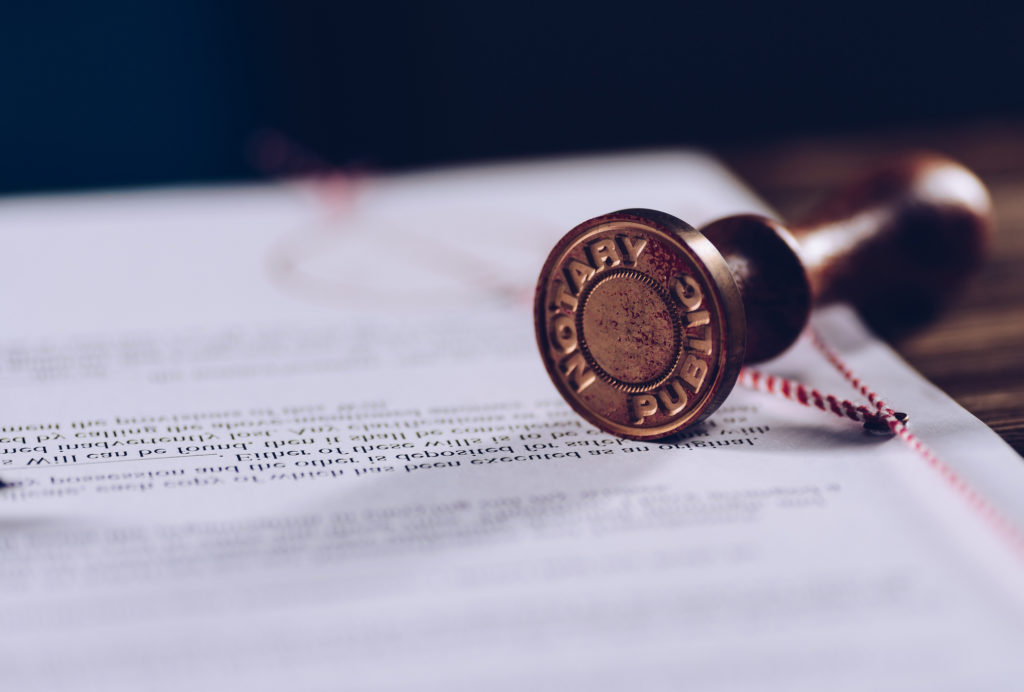Experienced Conveyancer: Navigating Residential Or Commercial Property Transfers with Knowledge
Experienced Conveyancer: Navigating Residential Or Commercial Property Transfers with Knowledge
Blog Article
Demystifying Notarial Work: Streamlining the Function and Relevance of Notaries
In the intricate internet of legal documents and verification, notaries stand as pillars of guarantee and credibility. Their role, typically shrouded in enigma for many, carries considerable weight in making sure the credibility and stability of critical records. As guardians of legality and truth, notaries play a pivotal part in our society, yet their work is not always completely comprehended. By deciphering the complexities dropping and bordering notarial methods light on the relevance of their acts, a more clear understanding arises of the crucial duty notaries play in promoting the textile of lawful and contractual agreements.
The History of Notarial Work
How did notarial work advance with time to end up being an essential component of legal and business transactions? The background of notarial work go back to old people, where scribes played an important role in videotaping crucial information and confirming files. As cultures proceeded, the requirement for an extra formalized system to ensure the credibility of agreements arose. This brought about the development of notaries, individuals assigned by the state to serve as neutral witnesses in legal issues.
During the Middle Ages, notaries obtained importance in Europe, with their features expanding to include drafting legal records, certifying signatures, and protecting documents. The increase of worldwide profession additionally stressed the relevance of notarial work in verifying contracts and contracts throughout boundaries.
In the contemporary age, notaries proceed to play an essential role in lawful and company deals by confirming identities, verifying the credibility of papers, and protecting against scams. Their duty in licensing the legitimacy of arrangements includes a layer of protection and trust fund to the ever-evolving landscape of business and regulation.

Responsibilities and Responsibilities of Notaries
Notaries play a vital duty in confirming the credibility of files and the identification of signatories. One of their main responsibilities is to witness the finalizing of crucial files, such as contracts, deeds, and wills, to make sure that all celebrations are entering into arrangements knowingly and willingly.
Moreover, notaries are charged with providing affirmations and oaths, which are important in legal proceedings and the execution of testimonies. They certify duplicates of initial documents, offering assurance to establishments that the copies hold true replicas of the originals. Notaries should keep accurate documents of all transactions they manage to guarantee openness and liability. On the whole, the duties and obligations of notaries are important in guarding the stability and validity of numerous papers and transactions.
Notarial Certificates and Signatures
Exhibiting meticulous interest to information, notarial certifications and trademarks serve as crucial parts in validating the authenticity of legal records. Notarial certificates generally consist of vital info such as the date of notarization, the names of the notaries, a description of the paper, and the notary's official seal. These certifications provide a clear document of the notarial act, guaranteeing that the paper can be easily identified and traced back to the notary that looked after the procedure.
Signatures play a crucial role in notarial work, as they symbolize the contract and approval of the events involved. Notaries very carefully witness the signing of documents to verify the identification of the signatures and validate that they are signing of their very own complimentary will. By fastening their main seal and trademark to the record, notaries accredit that the required procedures have actually been followed and that the file is legitimate and enforceable.
Basically, notarial certificates and signatures are the hallmark of authenticity in lawful transactions, providing assurance to all celebrations involved that the files are legit and binding.
Significance of Notarial Acts

Registration Process Explained
The notarization procedure normally begins with the private providing the paper to a notary public. As soon as the identification is confirmed, the notary makes certain that the specific authorizing the record does so willingly and without any threat.
Conclusion

Notarial certificates usually have More Bonuses crucial details such as the day of registration, the names of the signatures, a summary of the file, and the notary's main seal. These certifications provide a clear record of the notarial act, making certain that the paper can be quickly determined and traced back to the notary that oversaw the procedure.
By attaching their main seal and trademark to the document, notaries certify that the required my explanation procedures have actually been complied with and that the document is enforceable and valid.
By validating the identification of the notaries, verifying their desire to get in right into the agreement, and accrediting the date and place of the signing, notaries play a crucial duty in supporting the validity of lawful files.After the record is signed, the notary will certainly attach their official seal or stamp onto the paper.
Report this page